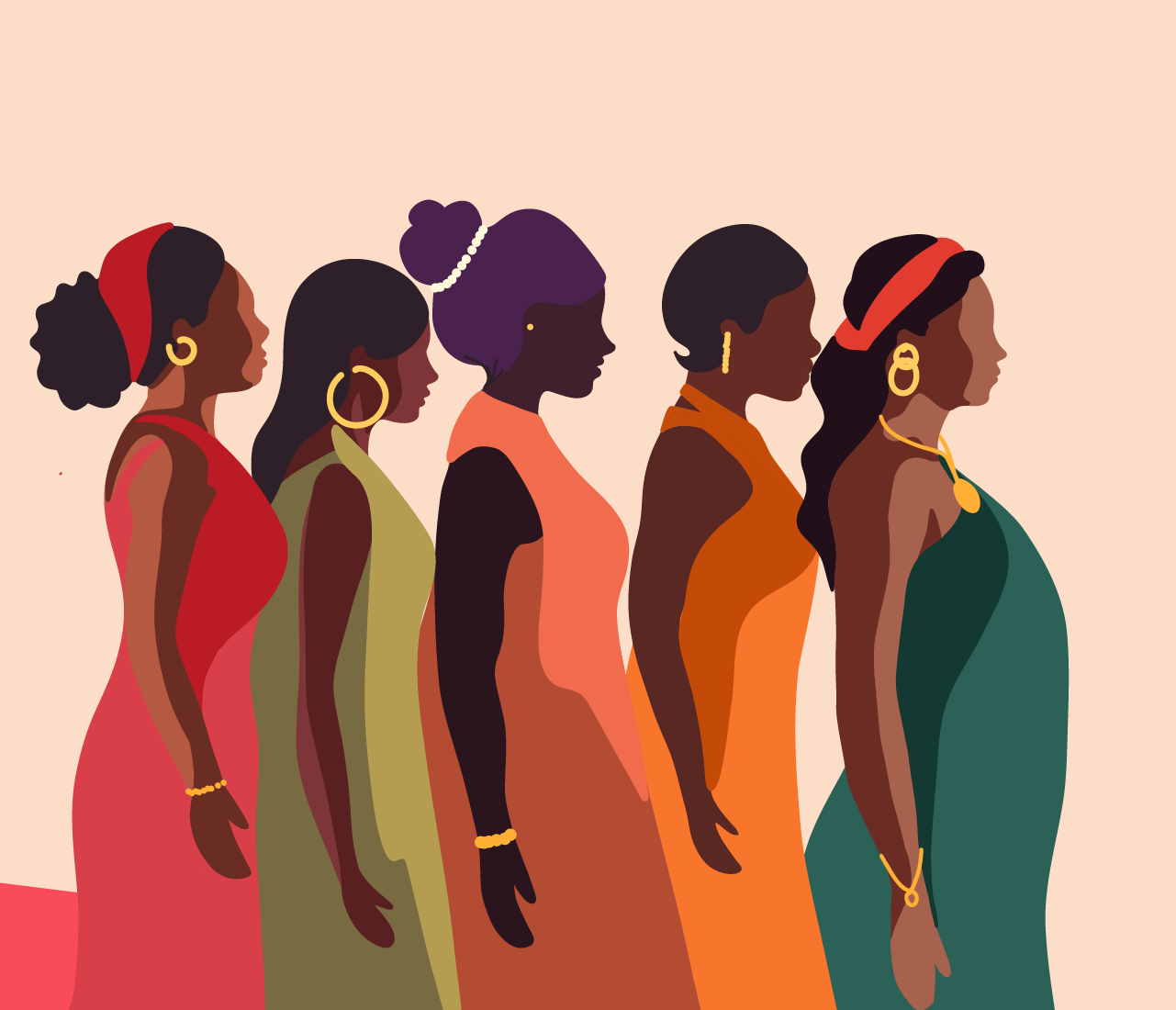
Introduction
This report summarizes the findings of a study conducted in Rwanda by the International Center for Research on Women in collaboration with WomenLift Health. The study is part of a multi-country effort to document the context, situation, prospects, and challenges of women’s leadership in global/public health. Data for the report were gathered through a desk review of peer-reviewed and grey literature, as well as key informant qualitative interviews with leaders in a variety ofcritical public health organizations, institutions, and networks, including local and international non-governmental organizations (NGOs), universities, private sector, professional networks, and national health ministries and agencies.
The findings are summarized around three themes: (1) barriers and opportunities related to women’s leadership in public health, (2) current efforts to foster women’s leadership, diversity, and inclusion within organizations, and (3) various ways organizations and the WomenLift Health program may work together.
Study participants identified women’s high burden of social and professional responsibility, gender bias, stereotypes, and cultural expectations, and a lack of career advancement opportunities for women, as critical barriers to women’s leadership in health in Rwanda. Recommended solutions to these barriers were proactive governmental and organizational actions to ensure more female representation on relevant public health boards and committees, improved mentorship and leadership training opportunities, actionable organizational and institutional gender equity policies, support for women’s access to higher education, and continuing gender equity and gender norms education and advocacy at multiple levels.
Efforts to advance women’s health leadership in Rwanda needs to capitalize on the momentum created by Rwanda’s forward-leaning gender policies, target the emerging pipeline of future female leaders, take advantage of the growing demand for structured approaches to mentorship, and collaborate with influential Rwandan organizations. Such influential organizations include Rwandan universities and medical schools, national health professional associations, Forum for African Women Educationalists (FAWE), Imbuto Foundation, Pro-Femmes/Twese Hamwe (PFTH), local health NGOs, UNICEF, and UN Women.

